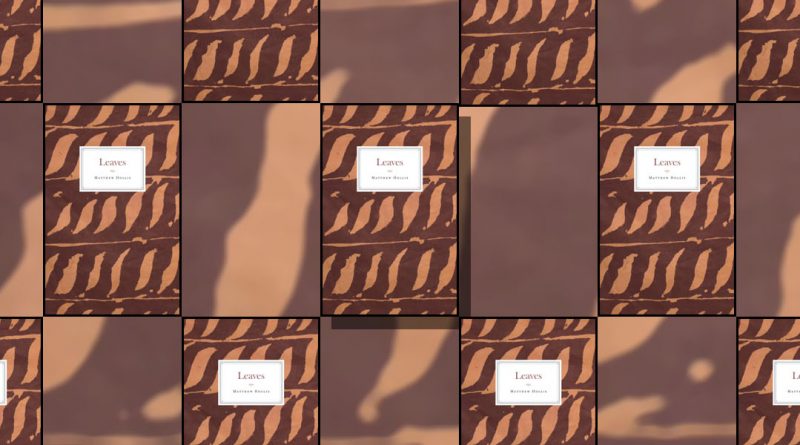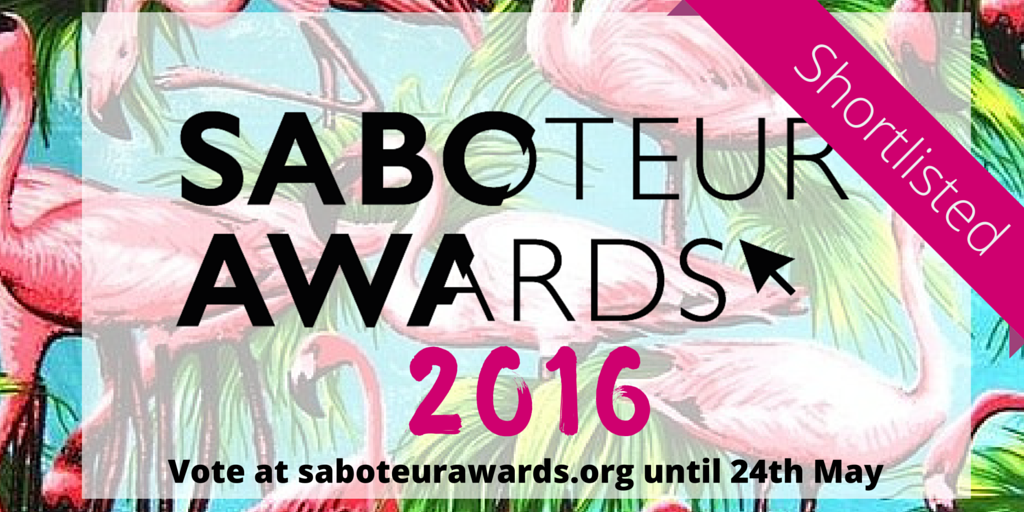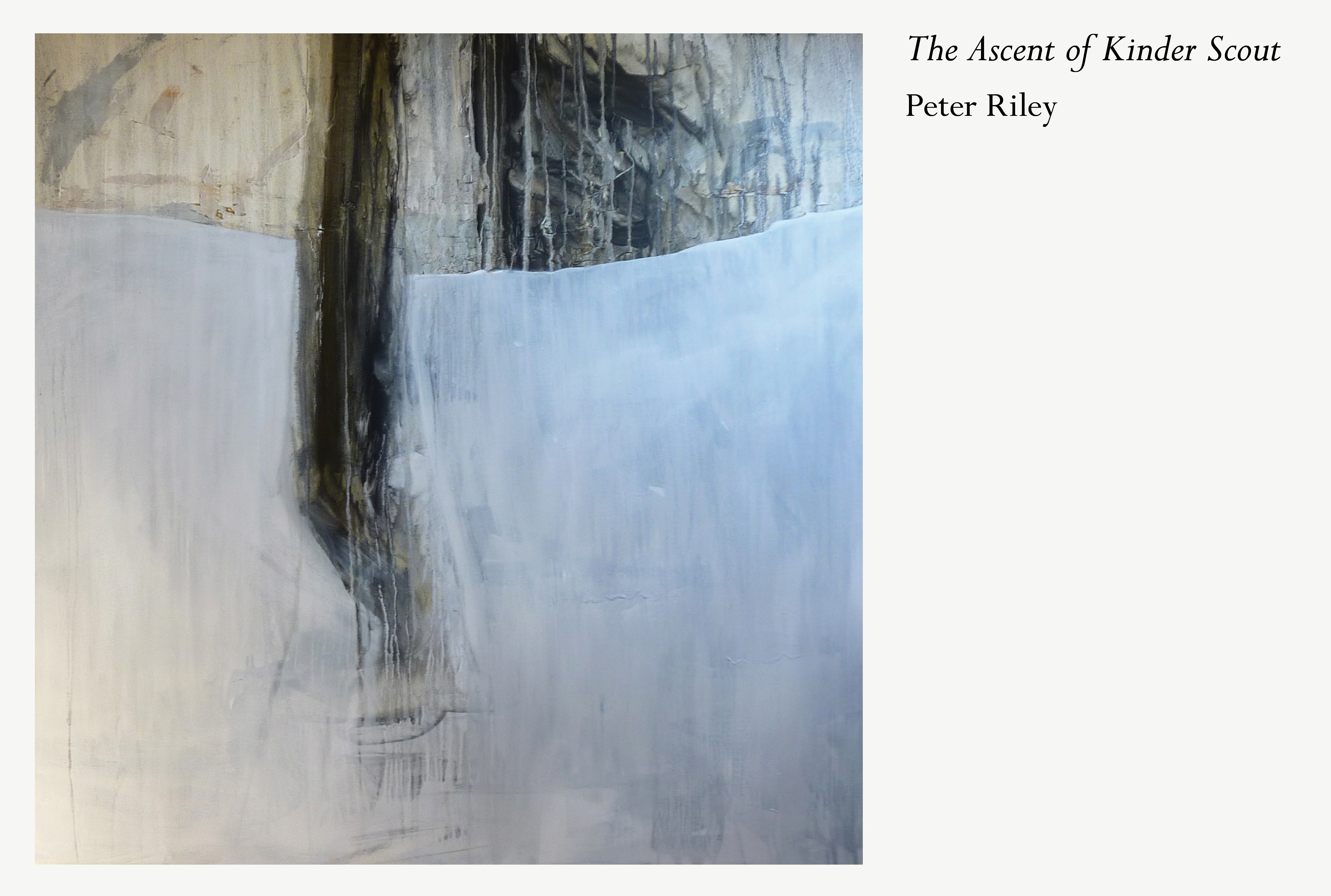Leaves by Matthew Hollis
-Reviewed by Neil Elder-
The last eighteen months has brought, for many, a renewed appreciation of the natural world and a greater sense of how vital it is we deal with the environmental challenges that lie before us. This beautiful and simply produced pamphlet from Matthew Hollis is just the sort of reflective writing I think people have been pushed towards.
Leaves is one of a handful of publications from Hazel Press “an independent publisher with a focus on the environment, the realities of climate change, feminism and the arts.” Thus Hollis is a natural fit, he has regularly dealt with environmental matters in his own writing, and is perhaps best known for his writing about Edward Thomas – a poet whose work is rooted in the natural world, its beauty as well as its more flinty aspects. Hollis wrote a blockbusting biography on Thomas, and became the go-to source for a quote on the man.
The influence of Thomas is clear in Leaves, from ecological concerns to use of place names that fix the action and clearly carry resonance for the poet, through to the second person address to a small child, presumably Rose to whom the pamphlet is dedicated. However, beyond Thomas lies a more transparent reference, the Maxims of Anglo-Saxon origin which Hollis closely references and quotes in the Notes section at the back of the pamphlet. The purpose of this must surely be to acknowledge an influence, but more than that, it adds a sense of age to the writing, fixing it in the line and tradition of ecological poetry that runs throughout time.
Leaves, is a single poem in five parts, “balanced in the five elements of the Chinese tradition of Wu Xing, Fire, Water, Wood, Metal and Earth” (according to Hollis). There is melancholy in the turning of the seasons, but of course in death there is rebirth and so the seasons go. Part I plunges us into Autumn leaves “kicking up leaves in a lulled wood” and so we stand at the point of decay, though “What falls is not forgotten, but in time / drawn back through the bole and branch” and this is largely the lesson for the child playing among the leaves.
Ultimately, in Part V, we accept that
A tree on earth shall lose its leaves.
But the wood that held us holds us,
And the moment we stood in is standing
Thus there is comfort and of course the possibility for readers to find their own interpretation for these sentiments – perhaps solace after a time of ruin and an invitation to have faith that things will renew.
Occasionally the observations become rather like a riddle; “Somewhere ahead of where we are we are. / Somewhere behind of where we are we also are” and I am not sure how helpful that is. I am happier with the concrete observations Hollis makes, such as his description of a helium birthday balloon at the start of Part IV, “a foil balloon each birthday, … straining at its lead / like a greyhound after quarry”. This to me is far more emotive than the self-conscious parts that lean towards the influences cited.
There are some beautiful phrases and the use of a child’s perspective allows Hollis to use some charmingly naive observations a child may make, (the sun too hot will need its candles blowing out). There is a delicacy to the work that helps deflect from some of the weighty matters that lurk in the wings, such as global warming.
I don’t imagine this pamphlet will stop traffic or hit the headlines in bright neon fashion – but then perhaps the works that do are also quick to fade. Instead I think this work will help readers look at the world a little more closely, to see the details in the seasons more fully; that might be all that is required from a work of such sweet brevity.
Leaves by Matthew Hollis is available from Hazel Press https://hazelpress.co.uk/






I met him once, some years’ back; the nicest of man, Lebel-headed, encouraging, and what’s more important, open.